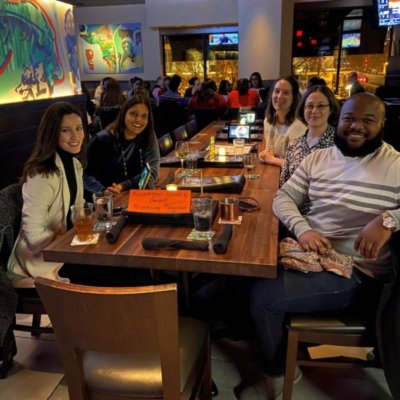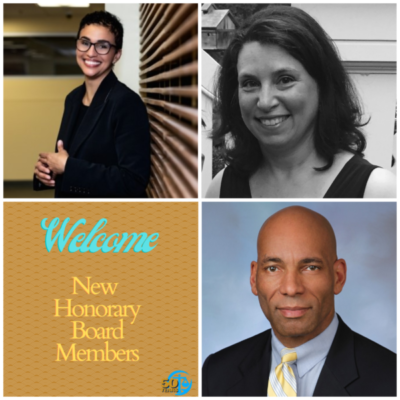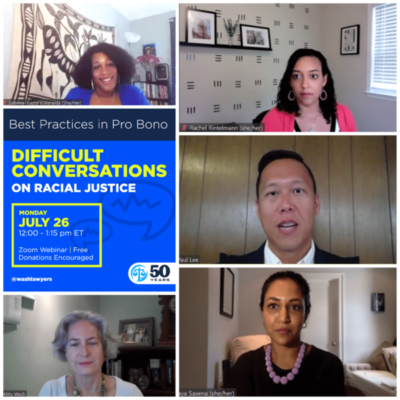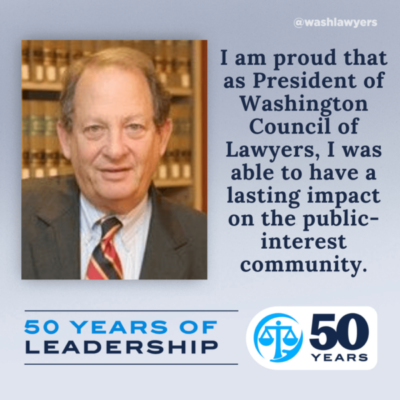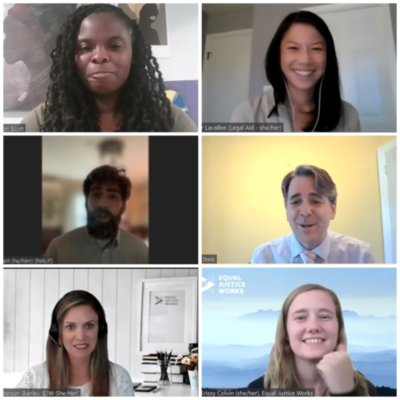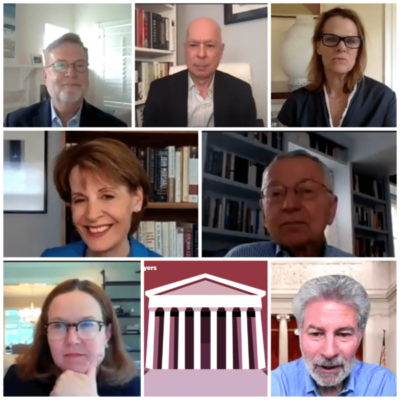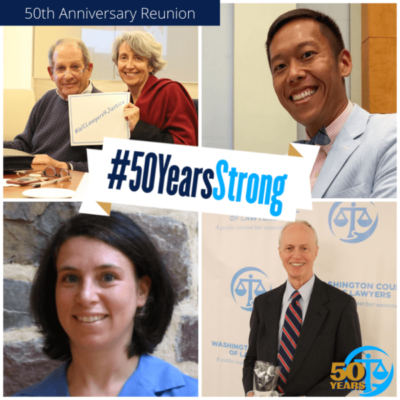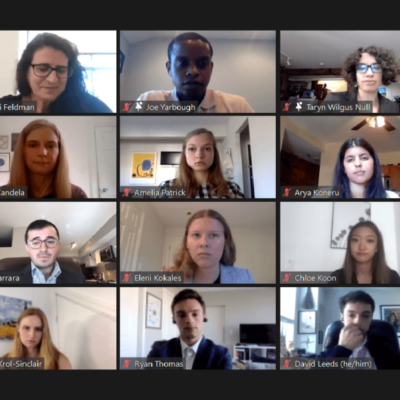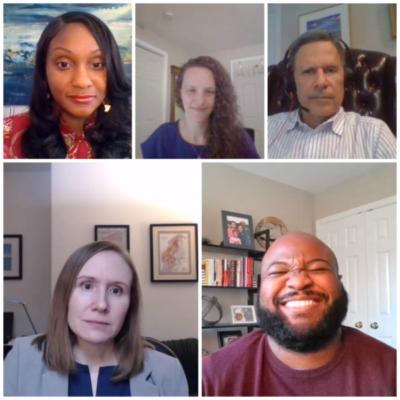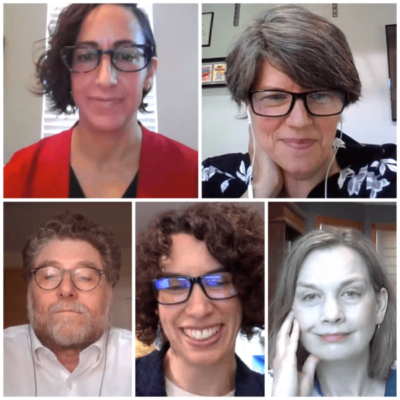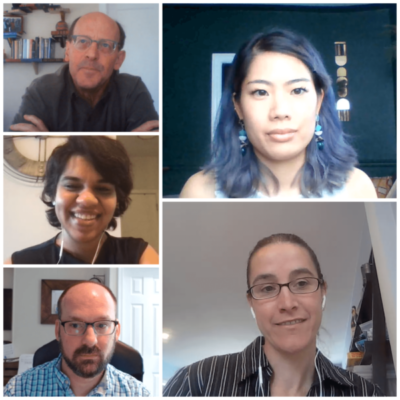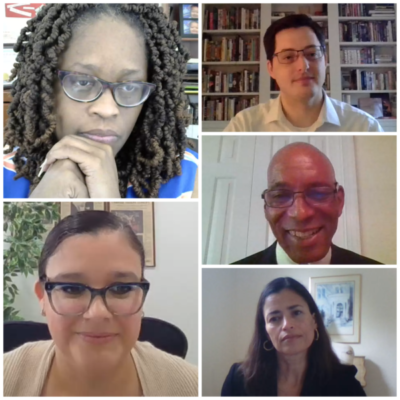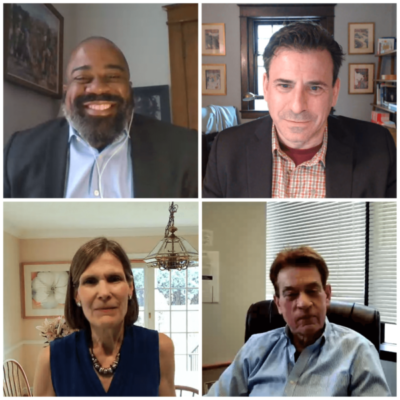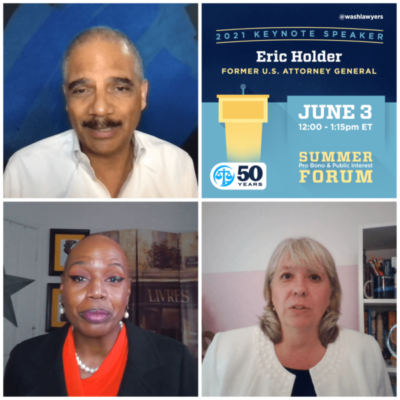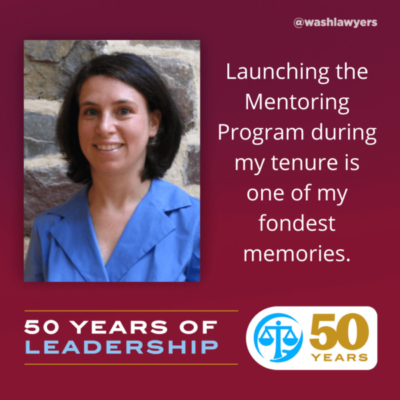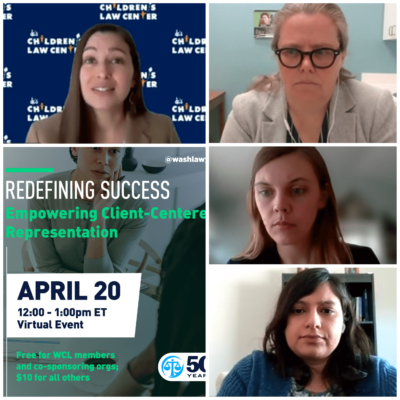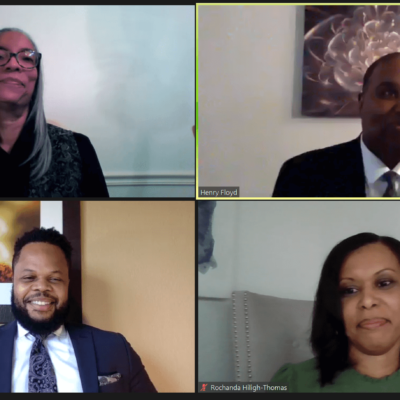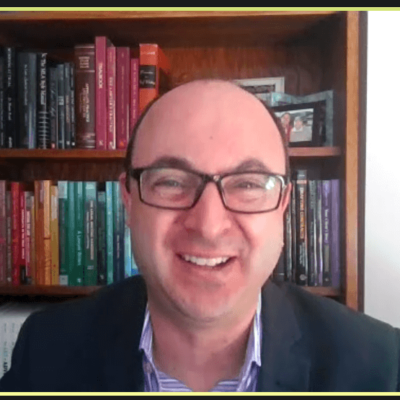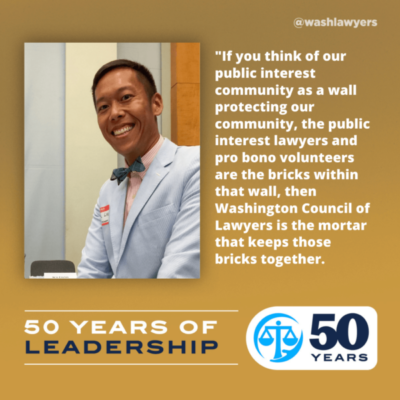Lead Our Team: Seeking our Next Executive Director
Washington Council of Lawyers is seeking a strong and driven leader to serve as its next Executive Director. The Executive Director’s primary duty is to advance the mission of Washington Council of Lawyers, as reflected in our Mission Statement: We are a voluntary bar association committed to ensuring that our legal system treats everyone fairly, regardless of money, position, or power. Our members represent the legal community’s diversity: They come from law firms, law schools, private and nonprofit organizations, and the government. We promote pro bono and public-interest law—by building partnerships among the public, private, and nonprofit sectors; volunteering to provide legal services to those who need them; training and mentoring the next generation of public-interest advocates; and supporting policies that expand access to justice. The Executive Director is our key management leader and reports to the Board of Directors. Specifically, the Executive Director is responsible for leading our organization in: Achieving its mission/furthering its reputation by offering outstanding programs, training sessions, advocacy, mentoring, and community-building opportunities with our working Board Communicating with and supporting our Board of Directors and committees Communicating with our members and external outreach, through inter alia, our website and social media platforms Executing fundraising initiatives Working with Board members on the annual budget and financial reporting Supervising and managing two staff members Engaging in relevant advocacy before the DC government and other authorities, and Helping to ensure legal compliance Qualifications and Desired Experience: JD preferred Two or more years of non-profit management experience Ability to set agendas, advance the organization’s mission, and build a strong team of board and staff members Familiarity with budgeting, strategic planning, and nonprofit management Detail-oriented, well-organized, and able to work independently Strong time and task management skills Strong communications and interpersonal skills A strong commitment to our mission and to professionalism Basic knowledge of, or ability to learn, Microsoft Office including Word and Excel; Google platforms including Google Docs, Google Sheets, Google Forms, Google Drive; and WordPress Familiarity with Wild Apricot membership software and WordPress or similar database and website software is a plus Familiarity with social media platforms such as Twitter, Instagram, Facebook, and LinkedIn and Hootsuite social media software Notes: (1) This job includes occasional transport of supplies and materials to events, etc.; reasonable accommodations will be made if the candidate is unable to perform such functions; (2) This is not intended to be an exhaustive list of key job functions, and job duties may change over time based on organizational needs. Hours and Compensation: The Executive Director position is part-time, averaging at least 30 hours per week; he/she/they manage their own time and hours with availability generally required during regular business hours. Working from home and telecommuting is part of how we work. Occasional evening work is required to assist with evening programs. We are willing to explore moving to a full-time position at a later date. The salary range for this position, on a part-time basis, is $60,000 to $75,000. A broader package of benefits is currently being considered for this position. Washington Council of Lawyers is an equal opportunity employer and does not discriminate on the basis of sex, race, color, ethnicity, national origin, sexual orientation, gender identity, age, disability status, or any applicable characteristics protected by law. How to Apply: Interested persons are encouraged to apply immediately and should submit a letter of interest and resume in one PDF document to jobs@wclawyers.org, with “[Full Name] – Executive Director” as the subject of the email. Applications will be reviewed as they are submitted. The position remains open until filled.








